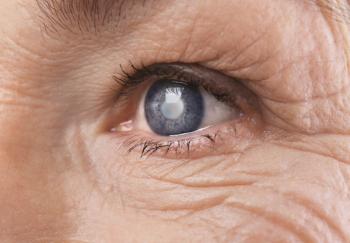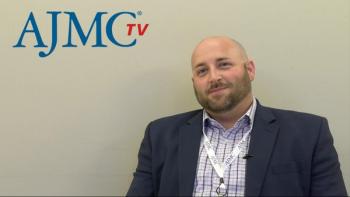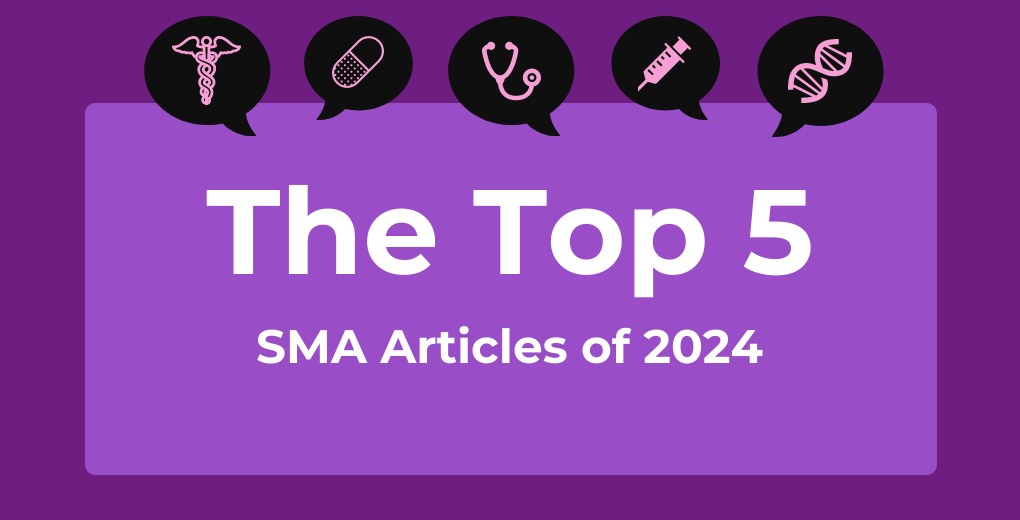
Technology
Latest News
Latest Videos

CME Content
More News

Top coverage from the European Respiratory Society (ERS) Congress 2024 spanned various topics, including artificial intelligence–powered robots transforming respiratory care and late-breaking findings on an epilepsy drug showing promise for treating obstructive sleep apnea.

A new study revealed divergent policies on artificial intelligence (AI) use in peer review among leading medical journals, with confidentiality concerns driving prohibitions.

November is Diabetic Eye Disease Awareness Month. Diabetes is the leading cause of preventable blindness in the US. Here is a look at recent research related to diabetic eye diseases.

Coverage from the recent Institute for Value-Based Medicine event with NYU Langone Health.

This is how health care organizations are addressing compliance pressures, cybersecurity threats, and the rise of artificial intelligence (AI) amid resource constraints and evolving regulations.

New discoveries in atherosclerosis pathways have shed light on the active mechanisms in other diseases such as chronic kidney disease (CKD) and HIV, paving the way for furture therapeutics.

Health care apps like MyChart, mySugr, GoodRx, and Smoke Free can enhance patient care through accessibility, convenience, and engagement, but further discussion is warranted on the optimal use of these apps.

New Research Suggest Benefits of Telehealth BCBT for Treating Suicidal Thoughts, Mitigating Attempts
Researchers evaluated the lesser-known impact of telehealth treatments, including brief cognitive behavioral therapy (BCBT), to address the needs of individuals at risk of or recovering from suicidal ideation.

The development of a novel, artificial intelligence (AI)-generated biotechnology has the potential to transform care options for patients with idiopathic pulmonary fibrosis (IPF).

Low- and high-income countries had significant disparities in screening for colorectal cancer (CRC) due to limited access to screening and treatment in low-income countries.

The American Journal of Managed Care® and Vanderbilt University Medical Center partnered on a recent Institute for Value-Based Medicine® event, which had the theme, “Bringing the Future to the Present in Cancer Care.”

Proactive care management for artificial intelligence (AI)–identified at-risk patients reduced potentially preventable hospital admissions.

The machine learning model shows promise in detecting paroxysmal nocturnal hemoglobinuria (PNH) by assessing electronic health records (EHR) data, potentially transforming the diagnostic landscape for rare diseases.

The authors detail how artificial intelligence could be used in primary, secondary, and tertiary prevention to improve health outcomes and provide better value-based care.

The FDA has approved oxycodone hydrochloride (RoxyBond) for the management of severe pain when other treatments have proved inadequate.

A recent retrospective, cross-sectional study found that detecting self-injurious thoughts and behaviors in youth requires improvement to ensure equitable identification of at-risk patients.

There are a few unmet needs in schizophrenia that can make a big difference in the prognosis and quality of life of patients.

A machine-learning model developed in this study was able to predict 24-hour peaks for intraocular pressure (IOP).

In our conversation with Jeff Giullian, MD, MBA, chief medical officer with DaVita Kidney Care, we dive into 4 important aspects of kidney care: prevention, social support, integrated care, and patient support.

Examining care transitions in hospitalized patients revealed lower diagnostic error rates compared with traditional methods, highlighting the effectiveness of this approach in identifying diagnostic challenges.

Glenn Balasky, executive director of Rocky Mountain Cancer Centers, emphasizes the need for government support to sustain telehealth and suggested a hybrid model combining centralized high-tech care with remote monitoring to address the challenges of providing innovative care in rural settings.

Seth Southwick, MHA, Intermountain Health, discusses in detail the power of leveraging community partnerships and advanced data analytic systems to optimize kidney care.

Artificial intelligence can revolutionize drug discovery by expediting development, reducing costs, and improving treatment options, but addressing its limitations is crucial for future success.

Optune Lua creates tumor-treating fields to disrupt cancer cell division, and it is used in conjunction with PD-1/PD-L1 inhibitors or docetaxel to treat metastatic non–small cell lung cancer (NSCLC) that has not responded to platinum-based treatment.



















